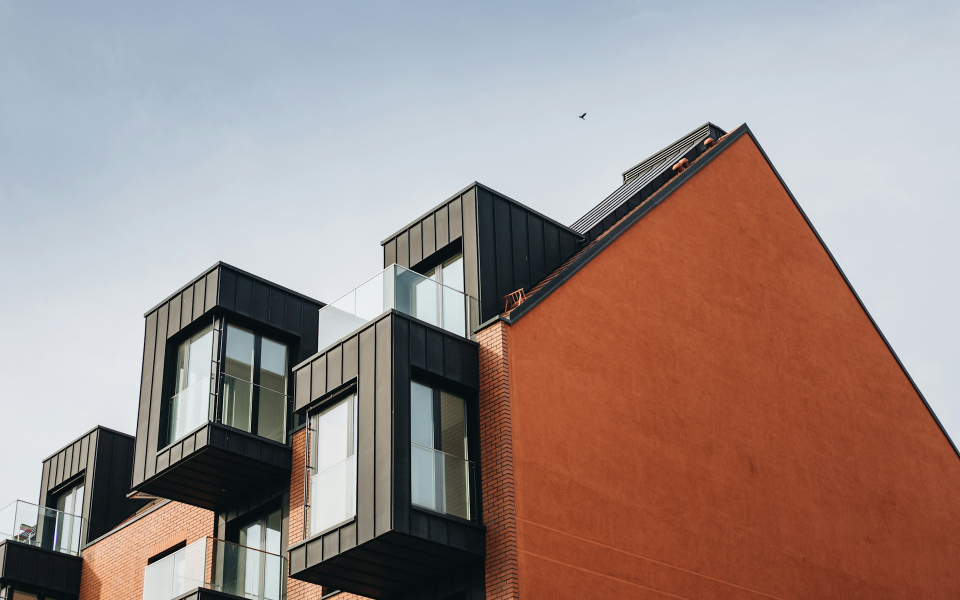The housing market has hit 'rock bottom,' with only about four million people planning to move this year, the lowest number seen in many years, according to Redfin
Persistently high interest rates are the culprit.
"Overall, economic conditions for buying a house are rough," Kelman told CNBC. "The issue is that the correction hasn't been a correction. Prices are up 5%, and that's because interest rates rose so fast this time, and there hasn't been a correction."
It's different from 2008 when prices dropped between 30% and 50%, letting buyers back in the game. This time, prices have remained high and first-time homebuyers are shut out, Kelman said.
"Millennials have been waiting a long time to buy a house, and they just can't get a break," he said. "One reason inflation has been so persistent is because housing is such a large component of inflation - not just purchased homes but also rents. We see some softness there but probably not enough to really bring interest rates down."
Red states like Florida and Texas, where getting approvals for development is easier and there has been more new construction, are seeing prices drop. But Kelman said there's been a 'bottleneck' in places like California and New York, where there aren't enough homes for sale. Although more inventory hit the market this year, it's slowing as interest rates rise because people don't want to pay the higher rates.
A weak jobs report that saw 175,000 jobs added in April, the slowest gain in six months and below market expectations, combined with less-than-stellar earnings reports, Kelman isn't convinced that mortgage rates will fall anytime soon.
"I'm just trying not to count my chickens before they hatch," he said. "We've had our hearts broken before where we thought we might get lower rates. Redfin isn't betting on that right now."
Realtor.com Chief Economist Danielle Hale told CNBC that there are 36% fewer homes for sale now than before the pandemic. Because of high mortgage rates and escalating home prices, buyers need to earn more than $100,000 in 34 of the 50 largest metro areas to buy a typical home, she said.
"It's why we see homeownership rates in these large markets trail behind the typical U.S. housing market," Hale said, calling it "a pretty dire situation for young people."










